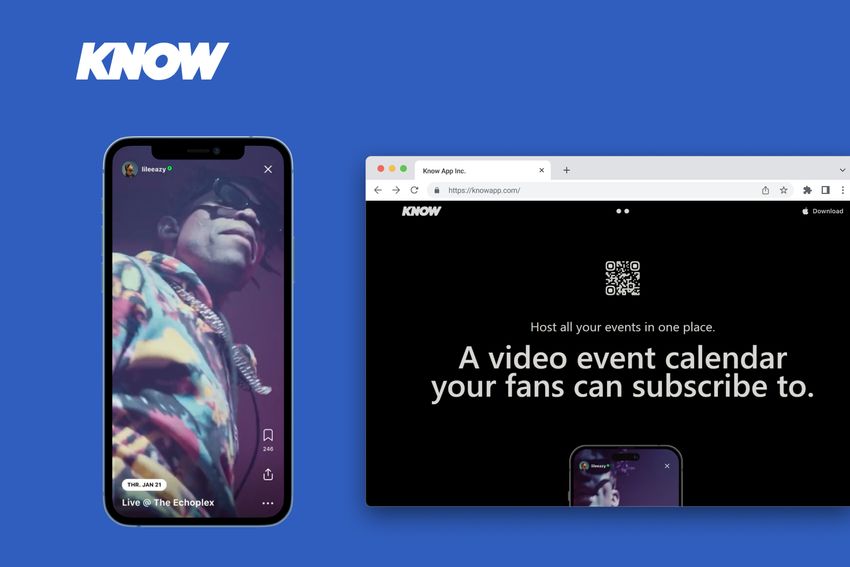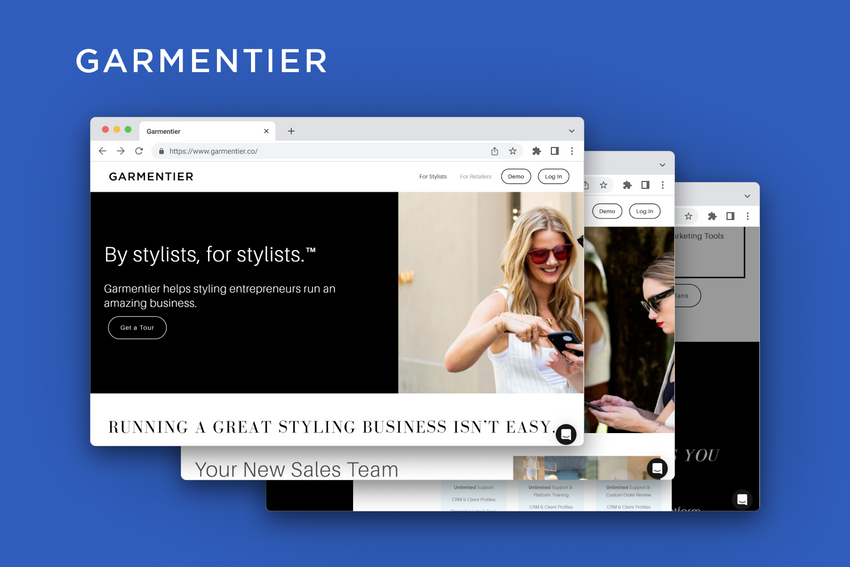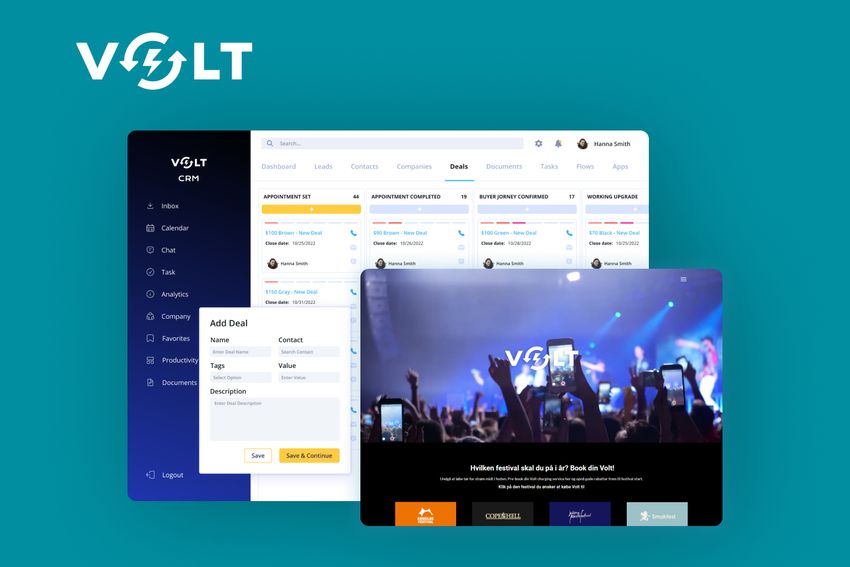Outsourcing Software Development for Startups: A Complete Guide
Discover how outsourcing software development for startups empowers companies all over the world to build powerful, scalable products faster and more affordably.
Startups are all about moving fast, staying lean, and building the next big thing without burning through every cent. But here's the catch — great software talent is expensive and hard to find. That’s where outsourcing comes in. When done right, it’s not just a budget-friendly shortcut — it’s a strategic move that gives you access to top-tier engineering talent, faster time-to-market, and the freedom to focus on your core vision.
In this article, we’ll break down why outsourcing software development is a power play for startups — and how to do it like a pro.
Startup Software Development: In-House vs. Outsourcing Model
When it comes to building your MVP or scaling fast, choosing between in-house and outsourced development is one of the biggest decisions you'll face as a startup founder. Each path has its pros, cons, and perfect use cases — here’s a quick breakdown to help you figure out what fits your game plan.
In-House Team
Going in-house means hiring your own software developers and building a full-time team. You get maximum control, tight-knit communication, and developers who live and breathe your product every day.
Pros:
- Full control over team, tools, and workflows
- Long-term product knowledge retention
- Easier cultural alignment and real-time collaboration
Cons:
- High recruiting costs and salaries
- Slower hiring and onboarding
- Limited flexibility if you need to scale fast
- You carry all the HR and operational overhead
We recommend it using for: startups with long-term funding, complex products, or needing tight day-to-day collaboration.
Outsourcing Development
Outsourcing means partnering with an external team or agency to handle some or all of your development. It’s fast, cost-effective, and gives you instant access to skilled software developers and proven workflows.
Pros:
- Access to global talent and niche expertise
- Faster development and time-to-market
- Scalable teams and flexible engagement models
- Reduced operational and HR hassle
Cons:
- Requires clear documentation and communication
- Time zone and cultural differences (if not managed well)
- Less product ownership unless properly aligned
We recommend it using for: startups that need to move quickly, launch MVPs, scale without hiring headaches, or optimize their burn rate.
Read also: Top 30 Small Business App Ideas!
Thus, if speed, flexibility, and cost-efficiency are your top priorities — and let’s be honest, they usually are — software development outsourcing is often the smarter move for early-stage startups. Just make sure you choose the right partner (spoiler: we’ll talk about that soon).
In-House vs. Outsourced Development: Key Comparison
If you're a startup with limited resources and an urgent roadmap, outsourcing gives you speed, flexibility, and focus. In-house shines when you’re ready to scale long-term with a fully embedded team.
Ready to dive into when exactly startups should go outsourced? Let’s roll!
When Do Startups Outsource Software Development?
Outsourcing is a smart move at key points in your startup’s journey. Here’s when founders most often bring in external experts:
1. Proof of Concept and Prototype Development
At the idea stage, time and budget are tight, and many startups need to validate concepts quickly while managing development costs.
Why outsource?
- Get quick mockups or clickable prototypes.
- Access UI/UX pros and developers without building a team from scratch.
- Validate your vision with real user feedback.
2. MVP Development
This is where things get real. You want to launch a lean, testable version of your product to the market.
Why outsource?
- Speed up development with ready-made teams.
- Avoid over-hiring for early-stage needs.
- Gain access to full-stack devs, QA engineers, and DevOps—all from a dedicated software development team under one roof.
Read also: A Comprehesive Guide on MVP Development for Startups
3. End-to-End Solutions
When you need a complete product—from backend architecture to frontend design and everything in between.
Why outsource?
- Full-cycle delivery without managing dozens of roles through an experienced outsourced development team.
- Clear timelines, agile software development processes, and delivery pipelines.
- Ideal for non-tech founders or startups with limited in-house engineering.
4. Tech Consultancy
Sometimes you don’t need hands-on devs—you need guidance: which stack to choose, how to scale, or how to handle integrations.
Why outsource?
- Gain insights from experts with deep development expertise and experience in software development who've built dozens of apps.
- Get architecture advice, cost-saving recommendations, and best practices.
- Make smart early decisions that save time and money later.
As you can see, software development outsourcing isn’t a one-size-fits-all approach — it’s a flexible tool startups can lean on at different stages to build smarter, faster, and leaner.
Outsourcing Service Models for Startups
When outsourcing software development, picking the right engagement model is just as important as choosing the right team. Here's a breakdown of the three most common service models:
Time and Material Contract
Here, you pay for the actual time and resources spent on development — billed hourly or daily.
Best for: Evolving projects with unclear or flexible requirements.
Pros:
- High flexibility for changes and iterations.
- Transparent billing—pay only for what you use.
- Great for agile development and fast pivots.
Cons:
- Hard to predict the final budget.
- Requires close monitoring and communication.
Fixed Price Contract
It is a set cost is agreed upon upfront based on detailed requirements and scope.
Best for: Small projects with well-defined requirements and deadlines.
Pros:
- Clear budget from the start.
- Lower management overhead.
- Ideal for PoCs, MVPs, or simple apps.
Cons:
- Limited flexibility — scope changes require new agreements.
- Risk of rushed development to meet deadlines.
Dedicated Team
A team of experts (developers, QAs, PMs, etc.) works exclusively on your project like an in-house team.
Best for: Long-term projects, scaling startups, or when building a tech product from the ground up.
Pros:
- Full control over the team and roadmap.
- Long-term cost-efficiency.
- Deep integration with your business and culture.
Cons:
- Higher initial commitment.
- Requires strong management from your side.
Each model fits different business needs. The right choice depends on your startup’s stage, budget, timeline, and how much flexibility you need during the project.
Choosing Your Perfect Software Development Outsourcing Company
Outsourcing can unlock massive potential — but only if you pick the right partner. Here's how to evaluate software development companies and make a choice that supports your startup’s growth:
Evaluating Technical Expertise and Domain Knowledge
Look for a outsourcing companies that not only knows how to code, but has real experience in your industry. Whether it’s FinTech, HealthTech, EdTech, or E-commerce — domain knowledge means they’ll understand your challenges, compliance needs, and target users from day one.
Ask questions like:
- What tech stacks do they specialize in?
- Have they built similar solutions before?
- How do they approach scalability, security, and integrations?
When Do Startups Successfully Outsource Software Development Projects?
A reliable company will gladly showcase their success stories. Dig into their portfolio and case studies, paying attention to:
- Project complexity and scale
- Technologies used
- Measurable outcomes (e.g., improved performance, user growth)
Don’t hesitate to ask for references or testimonials, and even reach out to former clients to hear honest feedback.
Assessing Communication Skills and Cultural Fit
Clear, transparent communication is key—especially for startups where timelines are tight and pivots are frequent. Gauge their communication style during the first calls:
- Do they ask smart questions and offer suggestions?
- Are they proactive and easy to reach?
- Do their values align with your company’s mindset and work culture?
Cultural fit might sound soft, but it’s critical for smooth collaboration, especially if your teams will be working together long-term.
You can find more info on how to hire the right developers for your startup here.
Benefits of Outsourcing Software Development for Startups
Outsourcing isn't just a budget-saving tactic — it’s a strategic advantage that helps startups move faster, smarter, and with less risk. Here are the top benefits:
Cost-Efficiency
Hiring, onboarding, and retaining an in-house development team is expensive — especially when you’re just getting started. Outsourcing allows startups to access top-tier talent without the overhead of salaries, benefits, office space, and equipment. You pay for what you need, when you need it.
Faster Time-to-Development
With experienced engineers and ready-to-go teams, outsourcing drastically shortens your time-to-market. No lengthy hiring cycles or ramp-up periods — just a fast track to launching your product, validating your MVP, or scaling new features.
Access to Superior Tech Talents Worldwide
Outsourcing opens the door to a global talent pool. You’re no longer limited by local hiring challenges — instead, you can find specialists in the exact technologies or domains your startup needs, from AI and blockchain to mobile development and DevOps.
Post-Development Support
A good outsourcing partner won’t just build and disappear. They’ll provide post-launch maintenance, bug fixing, updates, and feature enhancements. This ongoing support ensures your product evolves with your users’ needs — without stretching your internal resources.
Easy Scalability and Modernization
As your startup grows, so do your product demands. With outsourcing, scaling your development team (up or down) is much easier and faster. Plus, expert vendors can guide you through modernization—whether it’s migrating to the cloud, adopting microservices, or introducing new technologies.
Possible Risks of Outsourcing Development Work
While outsourcing offers tons of advantages, it’s not without its challenges. Being aware of potential risks can help you avoid pitfalls and make smarter decisions.
Communication Barriers
Time zone differences, language gaps, and lack of face-to-face meetings can lead to misunderstandings or delays. To minimize this risk, choose a vendor with proven communication practices, English proficiency, and overlapping working hours.
Project Control
Outsourcing means trusting an external team with your vision. Without proper project management or regular updates, startups may feel a lack of control over timelines or deliverables. That’s why it’s vital to establish transparent workflows, clear milestones, and frequent check-ins from day one.
Sensitive Data Safety
Sharing internal data and business logic with third parties introduces risks around intellectual property and data security. Always choose a vendor with strong security protocols, signed NDAs, and compliance with relevant regulations like GDPR.
Dependency
Relying too heavily on an external partner can create long-term dependency, especially if the codebase becomes hard to transfer or maintain internally. To prevent this, make sure documentation is thorough, source code ownership is clear, and knowledge transfer is part of the contract.
Case Studies: How Fively Excels as an Outsourcing Partner
At Fively, we don’t just write code — we solve real business problems and help startups scale smart through powerful digital solutions. Our role as an outsourcing partner is to make the complex simple, delivering products that are reliable, scalable, and aligned with your unique goals. Let’s take a look at some of the projects that highlight this in action:
Cycle: Urban Mobility at Scale
Fively partnered with Cycle, a fast-growing European startup in the GreenTech space, to build modern, intuitive apps for e-bike and cargo bike rentals. We developed scalable web and mobile solutions that now serve over 85 cities across Europe — showing how outsourced development can support massive real-world adoption and operational expansion.
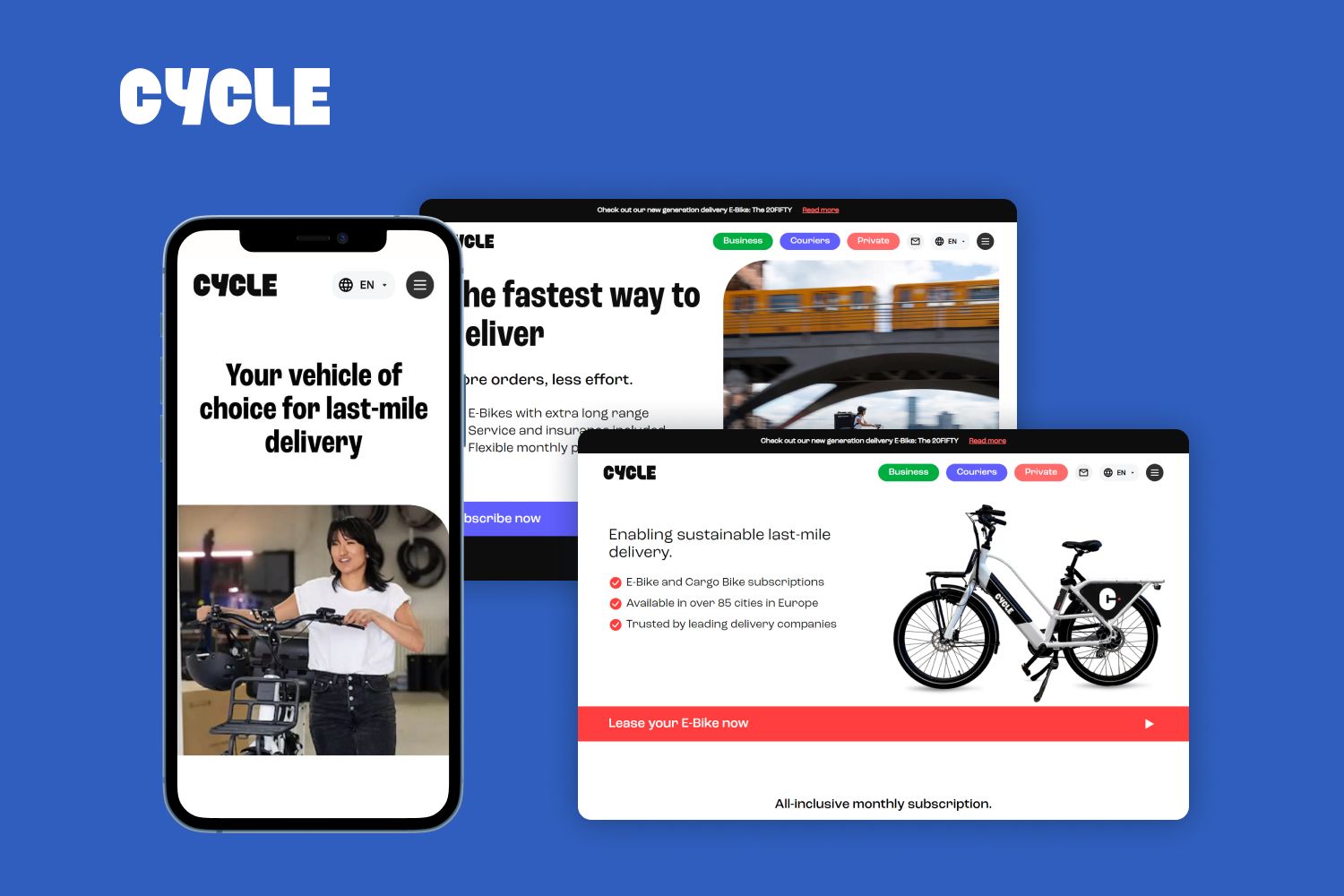
Uniqkey: Cybersecurity Trusted by Auditors
For Uniqkey, a cybersecurity company from Denmark, we built an identity and access management platform recommended by the Association of Danish Auditors. We helped them implement robust security features and seamless user flows — acting not just as engineers, but as long-term tech partners focused on reliability and compliance.
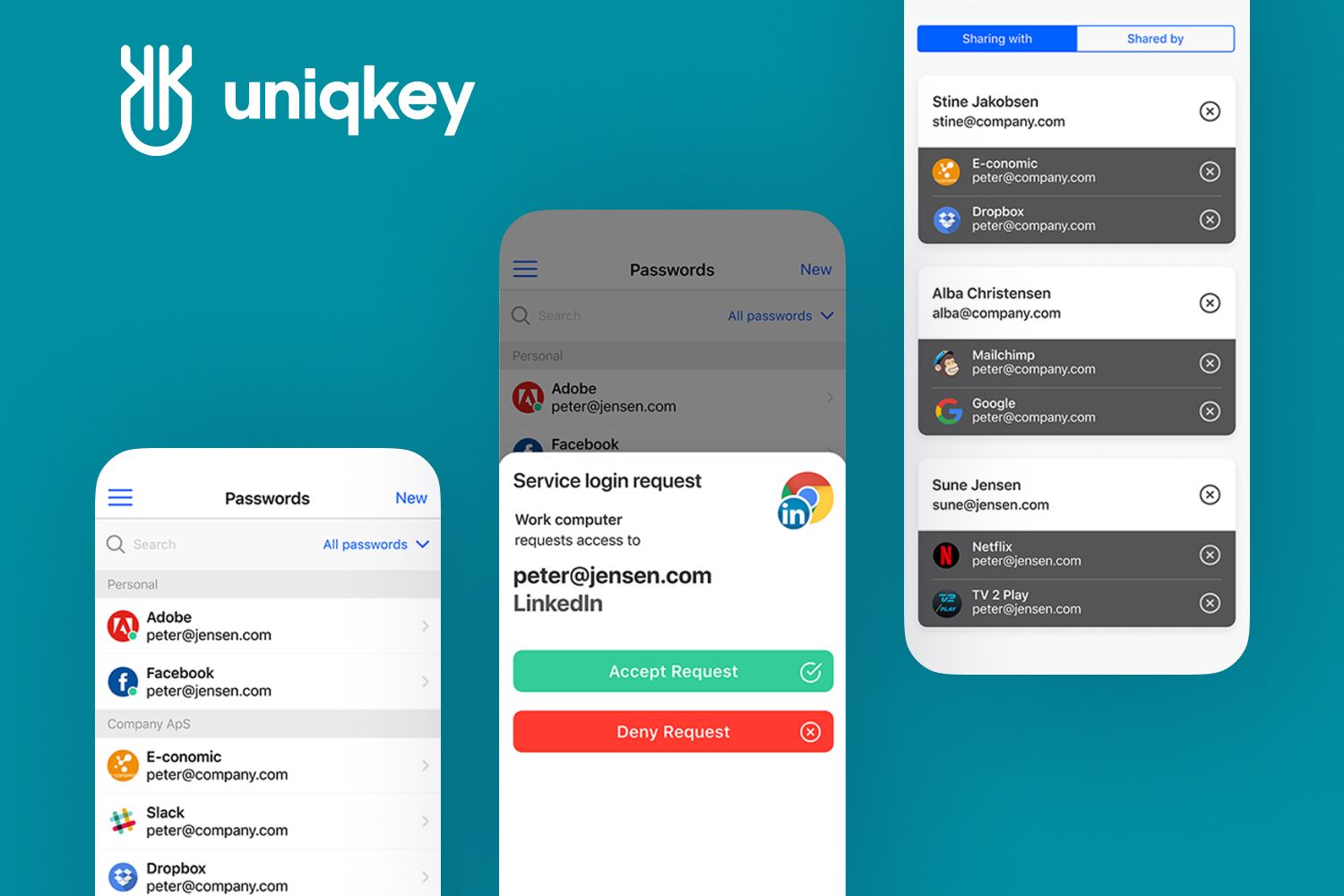
SellerBench: Profitable eCommerce Automation
We helped the team behind SellerBench build a profit recovery platform that processes refunds and chargebacks for online stores 3x faster than competitors. From backend automation to user-friendly dashboards, our outsourced developers created a product that delivers clear ROI for eCommerce businesses.
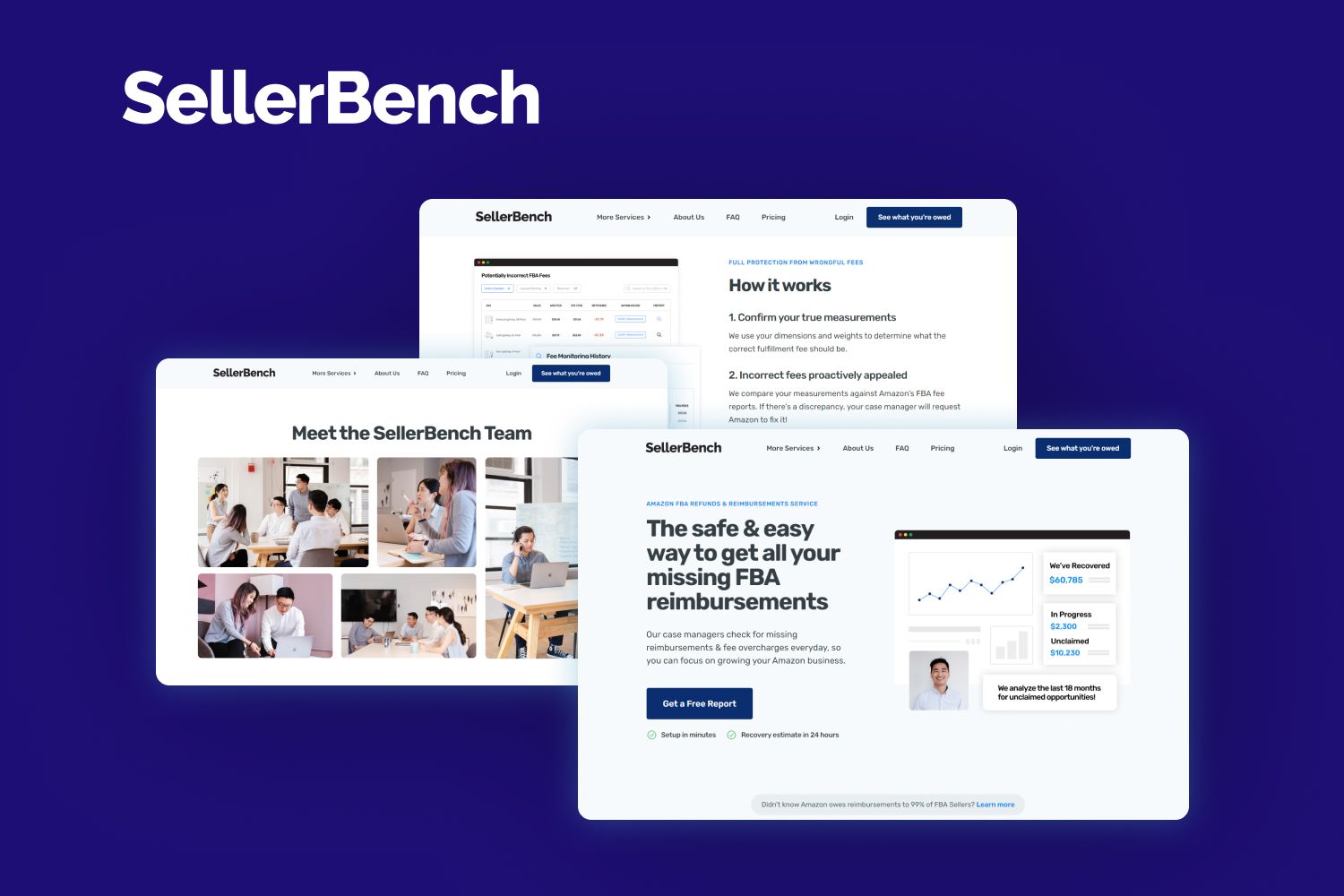
Avo: HR Automation With AI
Startups often need a tech partner who can turn big ideas into scalable MVPs. That’s what we did for Avo, an AI-driven HR platform that improves employee performance and engagement. Fively’s dedicated engineers handled everything from architecture planning to UX — resulting in a powerful, future-ready tool.
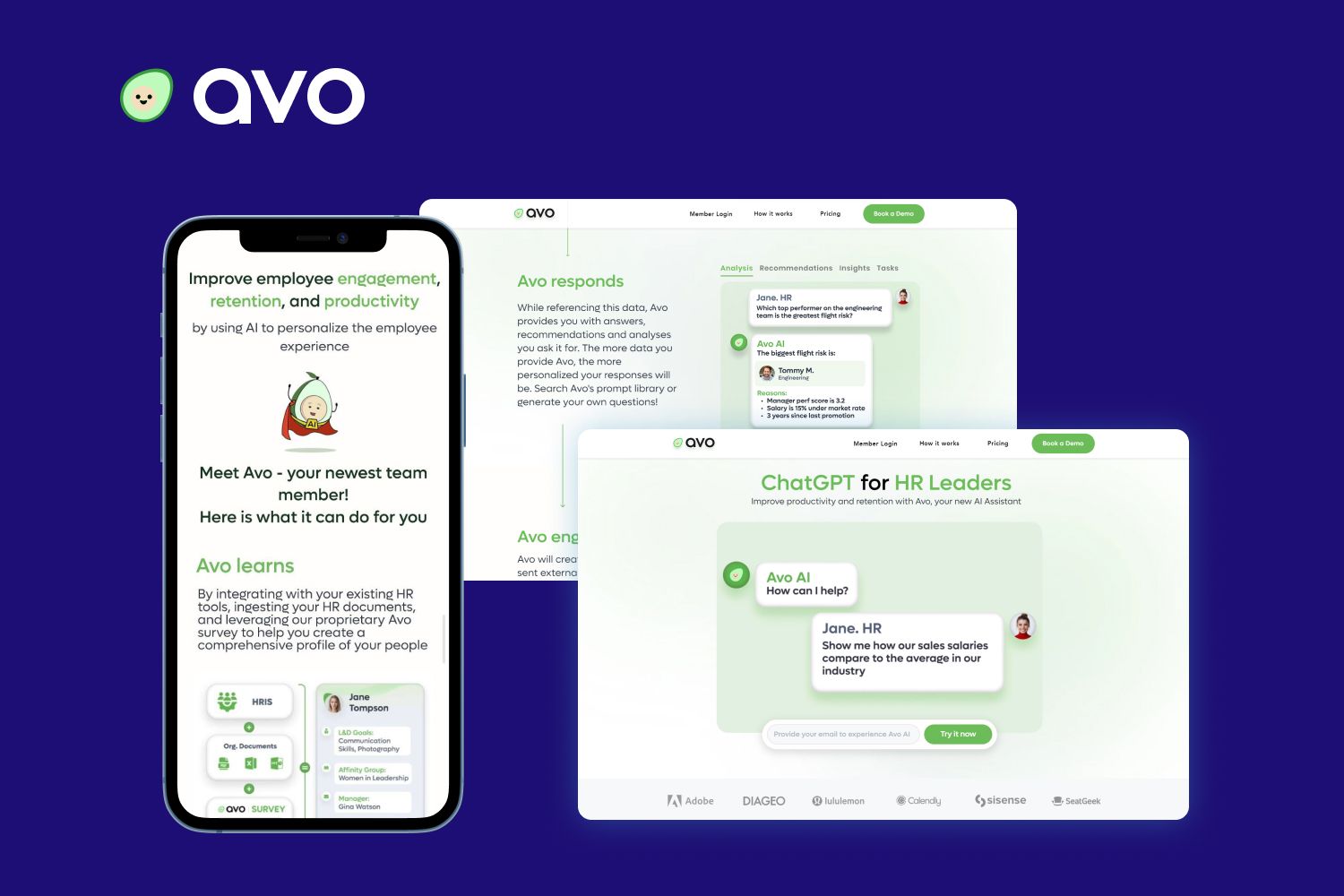
WebinarNinja: Seamless Webinar Experiences
We customized and modernized the web platform for WebinarNinja, a HubSpot-rated #1 webinar tool. The result? Users can now start a webinar in less than 10 seconds. This case shows how our team boosts UX and platform speed, even for products with large user bases.
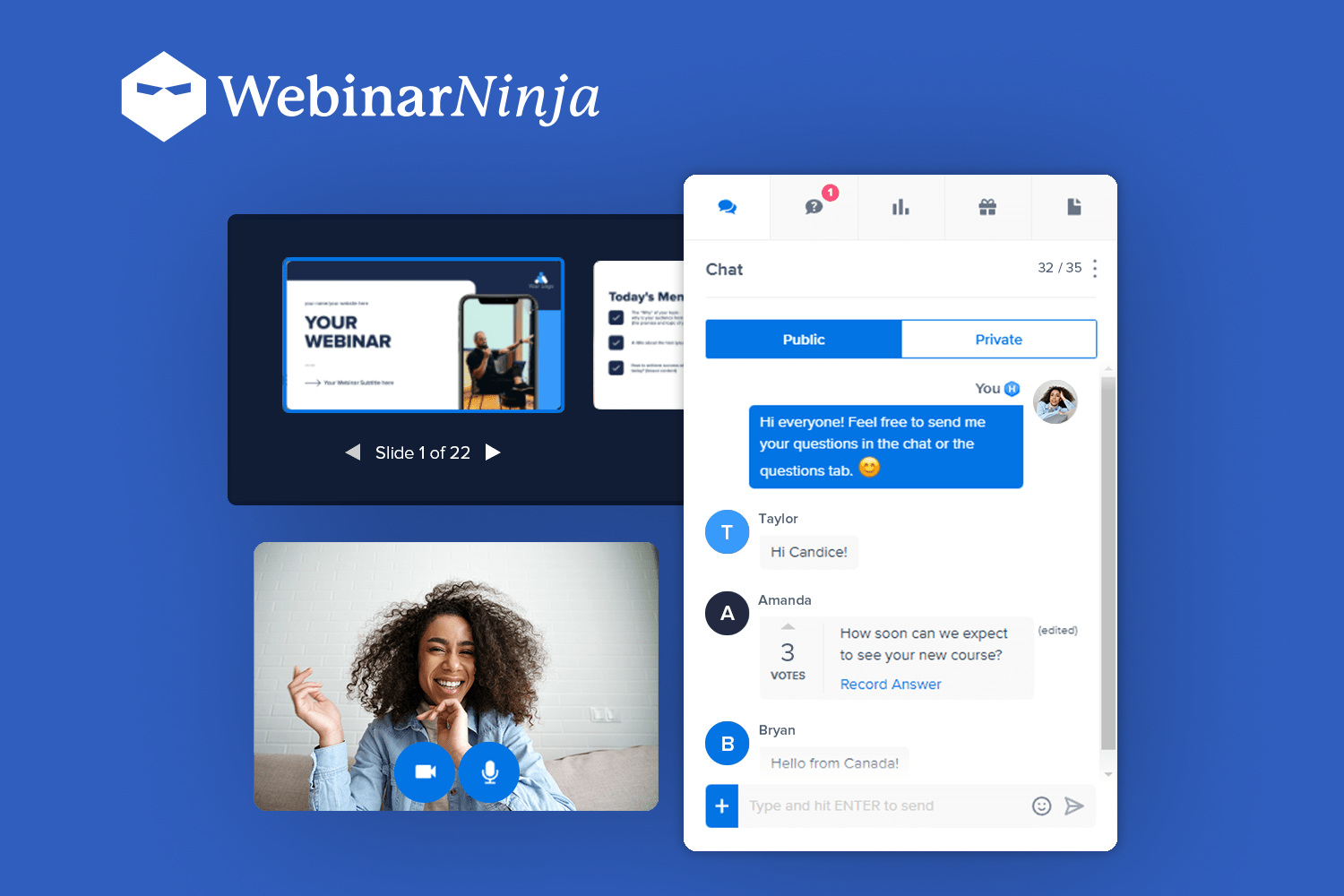
Fively brings senior-level expertise, deep business understanding, and a flexible approach to every outsourced collaboration. With each project, we prove that the right outsourcing partner can feel like an extension of your own startup team — invested in your success from day one.
How Fively Makes Your Startup Journey Easier
At Fively, we’re a passionate team of top-tier engineers, product thinkers, and creative problem-solvers who genuinely care about the success of your startup. Our mission is simple: to help forward-thinking companies build impactful digital products in a smart, efficient, and scalable way.
Since 2018, we’ve been successfully delivering tailored software solutions for startups and SMBs across the US, UK, and Europe. Our services cover the full product lifecycle — from ideation and MVP development to scaling and long-term support. Here’s what we bring to the table:
- Custom Web and Mobile App Development
- Dedicated Development Teams and Team Augmentation
- Quality Assurance and Automated Testing
- Browser Extension Development
- Cloud Migration and DevOps
- Cybersecurity Solutions
- AI-Powered Systems and Smart Automation
- Sustainability-Focused and GreenTech Projects
We combine a deep understanding of tech and business with a startup-friendly mindset: flexible cooperation models, budget-optimized development, and clear, no-BS communication.
With 100+ successful projects in domains like eCommerce, FinTech, EdTech, Healthcare, GreenTech, and SaaS, Fively is your reliable partner from the first prototype to full-scale digital transformation. We take the pressure off your shoulders — so you can focus on growing your business while we build the tech behind it.
Feel free to contact us, and we will help your app idea grow into a market leader! Let’s fly together!
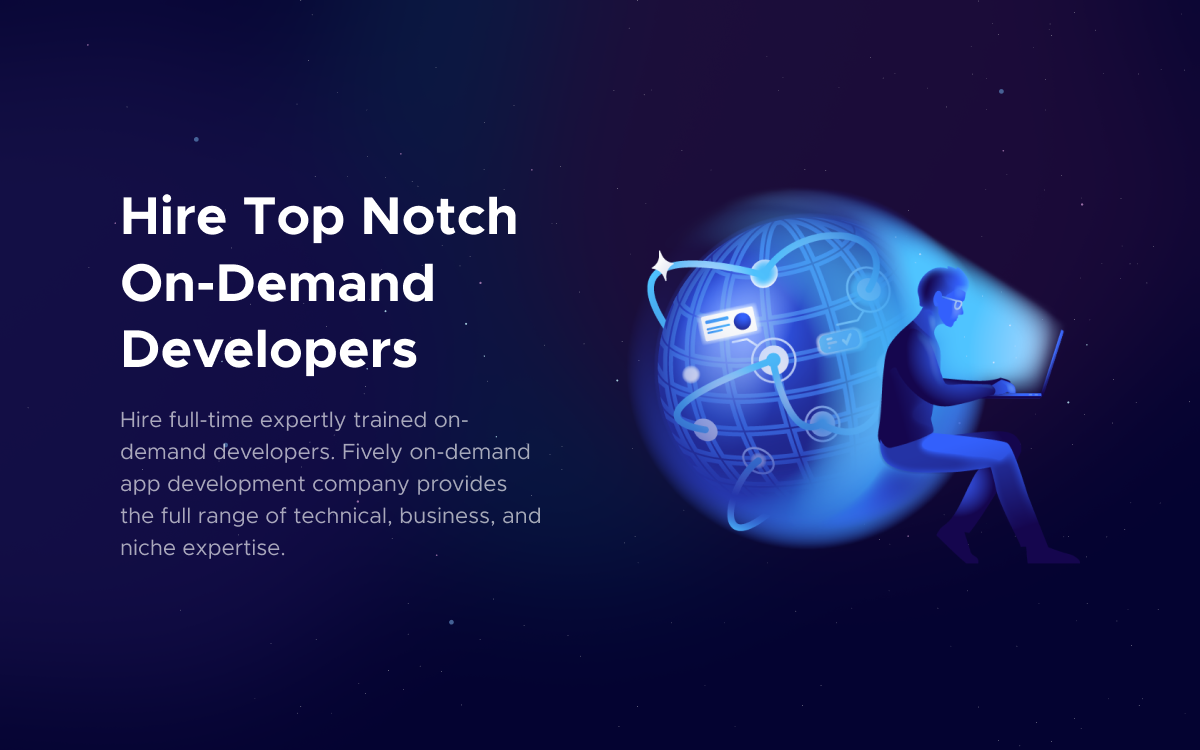
Need Help With A Project?
Drop us a line, let’s arrange a discussion
Frequently Asked Questions
What is Outsourcing Software Development?
Outsourcing software development means hiring an external team or company to handle your product’s design, development, and support instead of building it all in-house. It’s a cost-effective way for startups to get high-quality tech without the overhead of full-time hiring.
Should I outsource an MVP or a Full-Scale Project?
Start with what fits your current goals and budget. MVPs are perfect for validating your idea fast and cost-efficiently — and outsourcing helps you do it even faster. Once you’ve got traction, scaling to a full-fledged product with your trusted partner is a natural next step.
How does outsourced product development help startups?
It gives you instant access to experienced engineers, designers, and project managers who’ve done it all before. You save time, reduce costs, avoid hiring headaches, and get a team that’s focused solely on building your product right — with quality, speed, and scalability in mind.
What are the key differences between onshore, nearshore, and offshore outsourcing?
Onshore means hiring a team in your own country — easy communication, but usually expensive. Nearshore brings in teams from nearby countries, often in a similar time zone — great for collaboration and affordability. Offshore connects you with global talent, typically with the most cost savings — perfect when you need scale, speed, and top expertise without breaking the bank.




